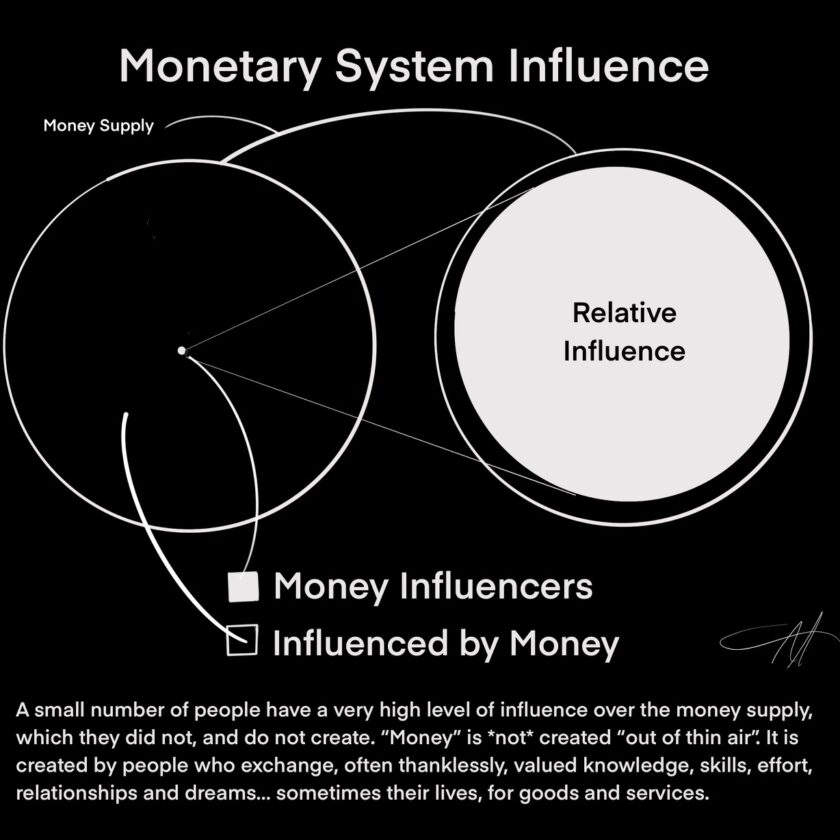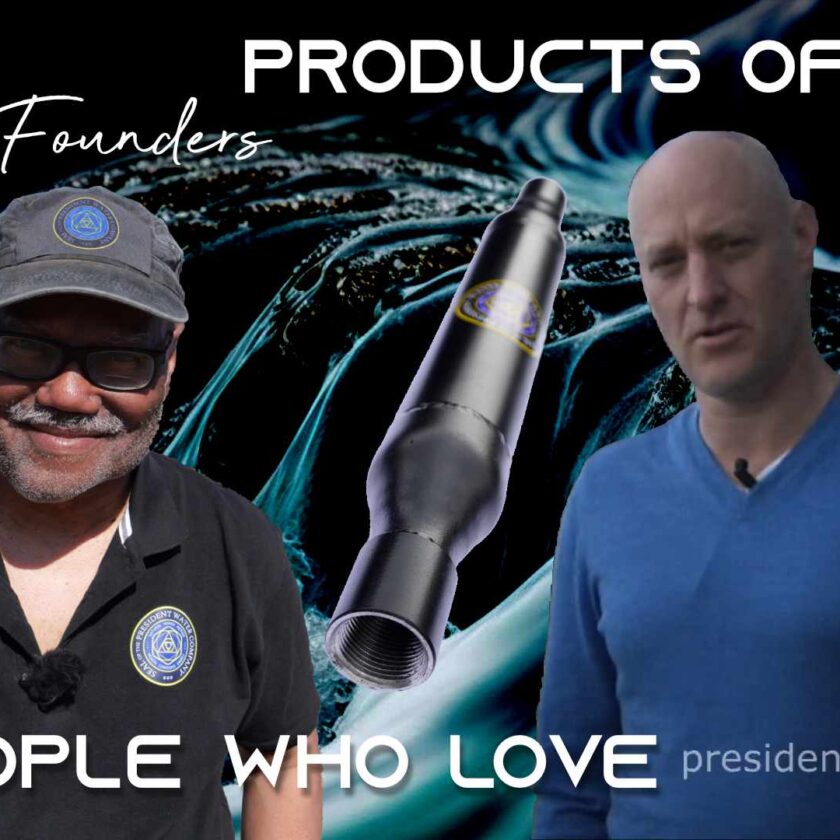I had no idea that the Pepsi comments in my second interview with Jim Humble created such a buzz. (Click here to listen… the question sequence that leads to “the infamous and incredulous” begins roughly 12min. 50sec. into the podcast.)
Even with my recent clarification, one of my valued readers wrote in with these questions/comments:
I’m having trouble trying to discern what’s factual and what you’re trying to get across. Is it factual that after drinking Pepsi the clots went away?
From what I understand, it is factual that the debris in urine, which began forming as a result of inadequate hydration and could eventually form into clots in the blood, went away — in the urine — after drinking some Pepsi. Blood clots didn’t occur. They found debris in the urine that could lead to clots. Of the beverages that they were testing, Pepsi got rid of the debris best.
That’s what I’m reading. If this is true you can’t imagine what a help it would be to the many, many people who suffer from blood clots.
I appreciate the sincerity of this statement, but the logical conclusion here is NOT that Pepsi is a viable answer to blood clots, or even to removing debris from urine.
The conclusion is that these people need to be better hydrated. One would think that means that they should drink more water, but that might not be the answer. The answer is in the quality of the water consumed, which was not even called into question in this erstwhile Pepsi Challenge.
Jim Humble never once suggested that debris in the urine that could lead to blood clots should be mitigated with Pepsi. He repeatedly said that more water intake was important. It’s important for more than resolving potential clots. He said that while some people have trouble drinking enough water, they should force themselves, if they have to. That remains the best advice.
There is a little known study that was done about using Gatorade to negate blood clots while flying. The Gatorade somehow affects the blood viscosity in the lower extremities.
I’m sure that PepsiCo, which owns Gatorade, would love a rumor like that to start too. But it would have no more real basis in fact than Pepsi yielding therapeutic benefits if taken once-a-day.
Among other things, Gatorade contains brominated vegetable oil, which introduces bromine into the system, a halide that blocks absorption of iodine (also a halide, but the one that the body actually needs).
Perhaps Pepsi would be an added alternative.
I think not. It would be simple to say that the answer is water, but it’s not really that simple. It appears that even the water we drink makes a difference as to whether we actually get hydrated. And what does “getting hydrated” mean? If we’re drinking water that has a low pH, our body chemistry still won’t get alkalized. The debris that can lead to clotting will still be in an environment that doesn’t get fully flushed.
On my current edition of Talk for Food, I visit with Peter Good Gold of www.waterworks4u.com, whose company markets a line of ionized water systems. These systems, which sit on a counter and use tap water, convert it into alkalizing water through electrolysis. The higher the alkalinity, the greater the hydration, oxygenation, and healing effect.
This is important because today, you can’t even rely on bottled water, which most people drink and is getting more expensive, to be alkalizing. Distilled water, which is inert with respect to mineral content, actually draws minerals from the body, and therefore, has an acidifying effect. Only water that has an alkaline pH can alkalize, and outside of using copper lined cisterns as the ancient Greeks did, an ionizing water system, or a high matrix water restructuring device such as the Quantum Age Stirwand, looks like a good thing to have.
If we were really going to delve into the question of Pepsi versus Coke and water, it would have been useful to know the quality of the water they were drinking too… after all, it was likely still Mexico. (Tongue firmly in cheek.)
There are many live MMS threads flourishing in the forums at www.curezone.com. The Pepsi issue has sparked quite a few exchanges. This writer expresses my feelings about the possible therapeutic use of Pepsi better than anything I can muster. To view the entire thread, click here:
Thanks for posting this …
It’s not often that I feel like really coming out strongly in a negative way about something here on Curezone, but this is one of those times. I’m not sure if there was a recent thread about this “Pepsi protocol” here in the forum; if so, could you point me to it?
The idea is completely wrong. Sure, pepsi will disolve fatty solids, and proteins, and even bone, both living and dead. This means that it also acts in this way upon our own tissues and cells.
Pepsi contains LOADS of acids, which in turn acidify the body, providing an optimal environment for pathogens to grow. Additionally, the very high sugar content of pepsi further feeds these organisms, increasing the acids even more in the body. Then the caffein over-stimulates the adrenals and organs, leading to eventual let-down and again, pathogen growth.
In addition to its acidifying and pathogen-stimulating actions in the body, the very high acid content of the Pepsi causes the body to demand emergency release of alkalizing minerals from the bones to save itself from acid-poisoning. So, the ultimate result of pepsi is also a very real weakening of the bones, leading to osteoporosis.
There are only a few things that equal pepsi (and similar sodas) in terms of acidifying the body, and thus growing pathogens…for anyone in the holistic community to recommend any of these is very irresponsible.
If you want to drink it, then of course do so (I still do a couple times a year), but do not for a second fool yourself into thinking you are getting something healthy.
Amen to that.





Dawn, I thank you for your support, and your passionate pursuit of understanding. You’ve given me fodder for another post. I will reply to you privately, as well as in this forum.
All the best.
Adam…
Adam, I am deeply disappointed in your response.You’ve now misquoted yourself. Or, rather what you previously posted. In the transcript of the actual dialogue which you posted, Jim Humble definitely refers to drinking the Pepsi and checking the blood–not the urine.
You passed off my statement about the study using Gatorade as a rumor. I’ll bet without so much as a Google to see if it were true.(Sort of like Mark Sircus did with MMS). Please go to airhealth.org and click on hydration. There you will find the reference to Koichiro Hamada’s study called “Effects of Hydration on Fluid Balance and Lower-Extremity Blood Viscosity During Long Airplane Flights”. It was published in JAMA 2002 Feb20;287(7):844-845.
While I get the point on hydration and quality of water used to hydrate, I think you really missed my point. No tongue in cheek at all–people who have blood clots are taking warfarin (Coumadin) and they sure aren’t going to “blink” when it comes to drinking some Gatorade or Pepsi.
It is my opinion that Jim Humble has inadvertently stumbled on this Pepsi thing and just doesn’t realize what it could mean to people who have blood clotting issues. I think you’re trying to disconnect Jim Humble from this so people will not not be even more circumspect regarding MMS.
Just for the record, I’ve been using MMS since late August. I’m also planning for my husband to use MMS for it’s chelating abilities after he discontinues warfarin and has some time using vitamin C to improve the flexibility of his arteries.
I’m still looking forward to your video on Jim Humble.
Regards,
Dawn